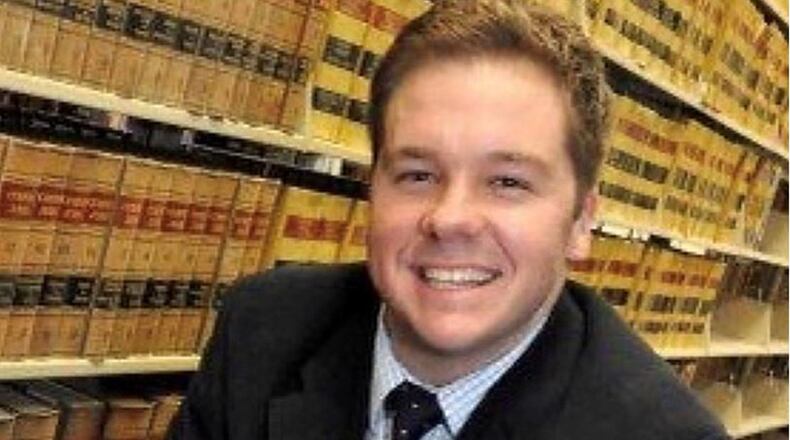If the court does not grant some or all time served credit for Tinch’s suspensions, he would have to wait two years before he could apply for reinstatement to practice law again. Although Tinch is not working, he volunteers most of his time at Berachah Church in Middletown.
“I live with a deep regret and conviction for those I’ve hurt and the wrong I’ve committed to clients, family, and friends,” Tinch said. “I’m solely responsible, no one else.”
Tinch has practiced law in Springboro and Middletown since he was admitted to the Ohio bar in 2011.
Tinch has 20 days from the order to submit his objections to the Supreme Court. He said it would take four to six months for a hearing to be scheduled and as long as 12 months for the court to make a decision. The court can also impose discipline more or less severe than the board recommended.
The board requested the Supreme Court place Tinch on an interim remedial suspension, alleging he posed a substantial threat of serious harm to the public. Tinch was suspended on Sept. 20, 2017 for failing to respond.
Another formal complaint was filed against Tinch in June 2018 that included 14 counts, comprising 71 allegations of misconduct. Tinch failed to respond again, and the Supreme Court imposed an interim default suspension on Sept. 20, 2018.
The disciplinary panel found Tinch admitted to misconduct including criminal convictions, theft of client funds, trust account violations, neglect of client matters, failure to communicate and lying to clients. The actions involved 12 separate clients. The panel did not find Tinch to appear to be appropriately remorseful.
The report noted Tinch had made restitution, had no prior disciplinary record, and suffered from a chemical dependency disorder.
“The question left unresolved for the Court is whether I should get ‘credit for time served,’ prior to being reinstated,” Tinch said.
According to court documents, the Supreme Court remanded the case for review of mitigating factors and the chief disciplinary counsel for the Board of Professional Responsibility in an unusual step recommended some “credit for time served,” which is something that Tinch also requested after completing rehabilitation and paying restitution.
“The Board broke common practice, going against their counsel’s recommendation,” Tinch said. “After objections to the Board’s recommendations are filed, the case goes before the Justices. The Justices will make a final decision.”
About the Author

